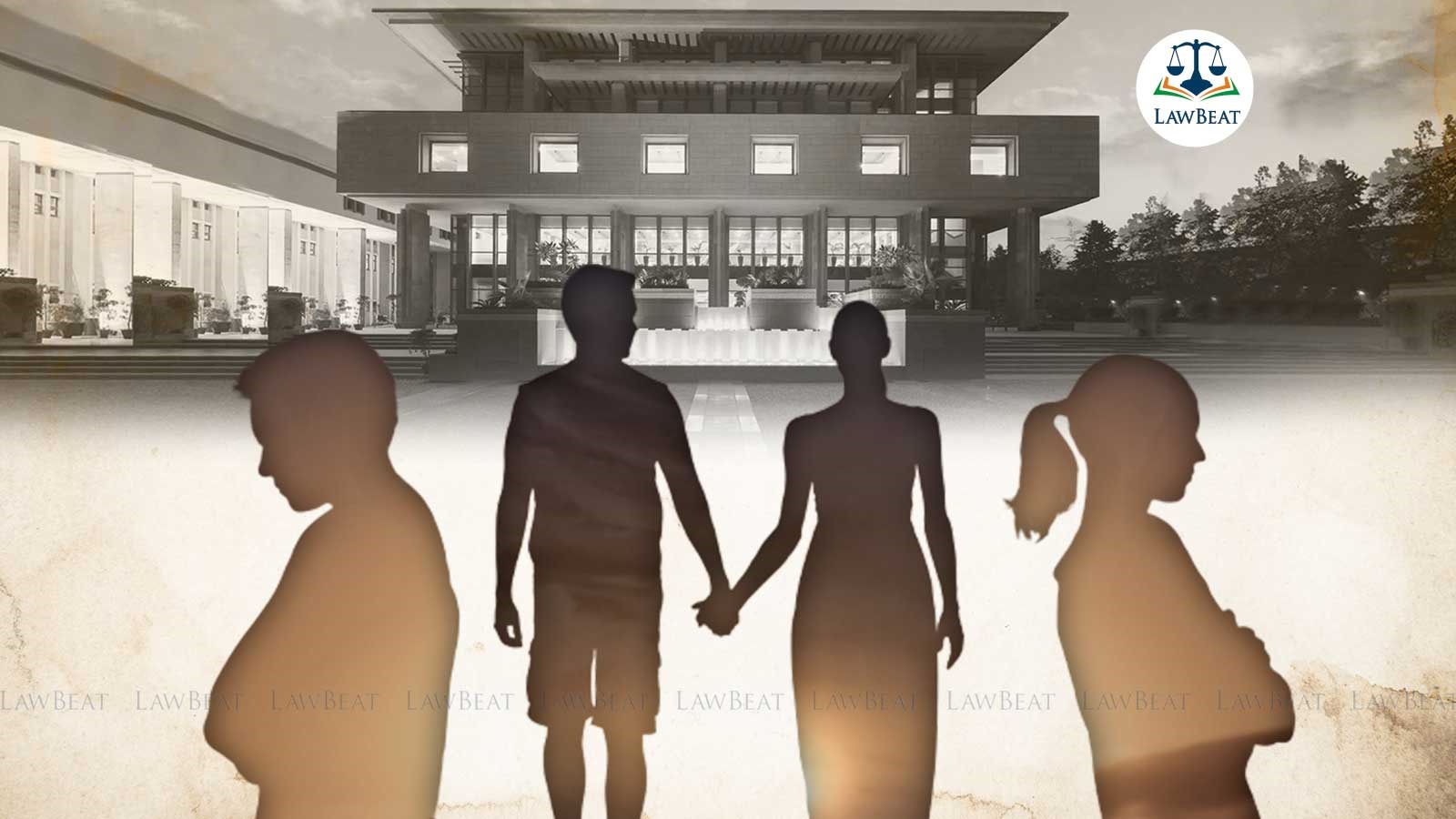Taunts about Husband's Finances, Unreasonable Demands Constitute Mental Cruelty for Divorce: Delhi HC

Court emphasized that a spouse should not serve as a constant reminder of financial limitations, and pressuring a partner to meet impractical aspirations beyond their financial means can cause persistent dissatisfaction and mental strain
The Delhi High Court has held that persistent taunts by a wife regarding her husband's financial capacity and unreasonable pressure to fulfill unattainable dreams amount to mental cruelty, justifying a divorce.
The division bench of Justices Suresh Kumar Kait and Neena Bansal Krishna emphasized that a spouse should not serve as a constant reminder of financial limitations, and pressuring a partner to meet impractical aspirations beyond their financial means can cause persistent dissatisfaction and mental strain.
The court stated, "A wife should not be a constant reminder of one’s financial limitations. Pressurizing a spouse to fulfil distant and whimsical dreams clearly not within his financial reach may create a sense of persistent dissatisfaction, which would be sufficient mental strain to drain the contentment and tranquility out of any married life. One must tread carefully between needs, wants, and desires."
Highlighting the impact of constant conflicts on mental well-being, the court noted that continuous bickering and fights can lead to stress, affecting one's mental equilibrium.
"The various incidents narrated by the respondent towards the overall conduct and a non-adjusting attitude of the appellant who lacked maturity to even sort out the differences with the husband, leads to the irresistible conclusion that such conduct was bound to cause a grave apprehension in the mind of the respondent disrupting his mental equilibrium," it said.
It added, "Though these incidents may seem to be innocuous, insignificant or trifling when considered independently, but when such conduct prevails over a period of time, it is bound to create mental stress of the kind which makes it impossible for the parties to survive in their matrimonial relationship.”
The detailed judgment, pronounced on January 30, also clarified that Section 13 (1A)(ii) of the Hindu Marriage Act grants an absolute right to seek divorce on grounds of non-compliance with a decree of restitution of conjugal rights, regardless of which party holds the decree.
The court added, "The very fact that Section 13 (1A)(ii) of the Hindu Marriage Act enures to the benefit of 'either party' clearly implies that in case of non-compliance of a decree under Section 9 of the HMA, either party is entitled to seek divorce on this ground, and the judgment debtor cannot be precluded from exercising his right to avail the relief thereof. Section 23 cannot be interpreted in a way to completely render the remedy under Section 13 (1A) (ii) otiose."
These observations were made while addressing a plea filed by a woman challenging a family court's decision to grant her husband's divorce plea. The family court had approved the divorce on grounds of cruelty, considering the absence of restitution of conjugal rights for a year despite a decree to that effect. The husband argued that the wife forced him to move, taunted him about finances, and made baseless allegations.
The high court agreed with the family court's finding of mental cruelty and the absence of restitution of conjugal rights and, hence, dismissed the wife's appeal.
Case Title: SA v. VD
